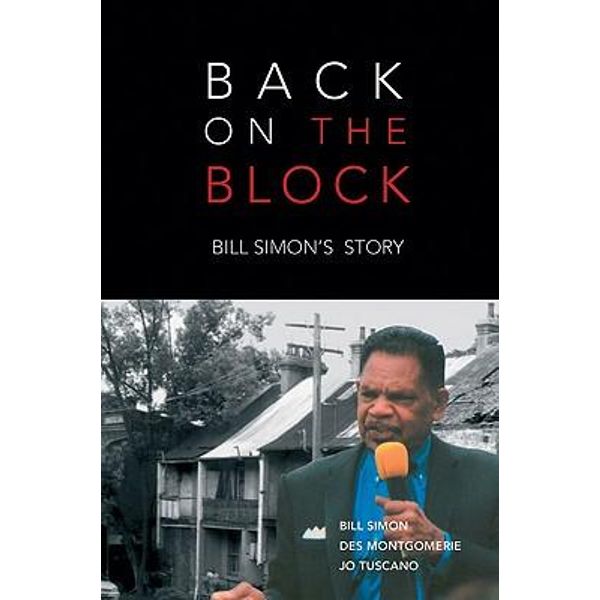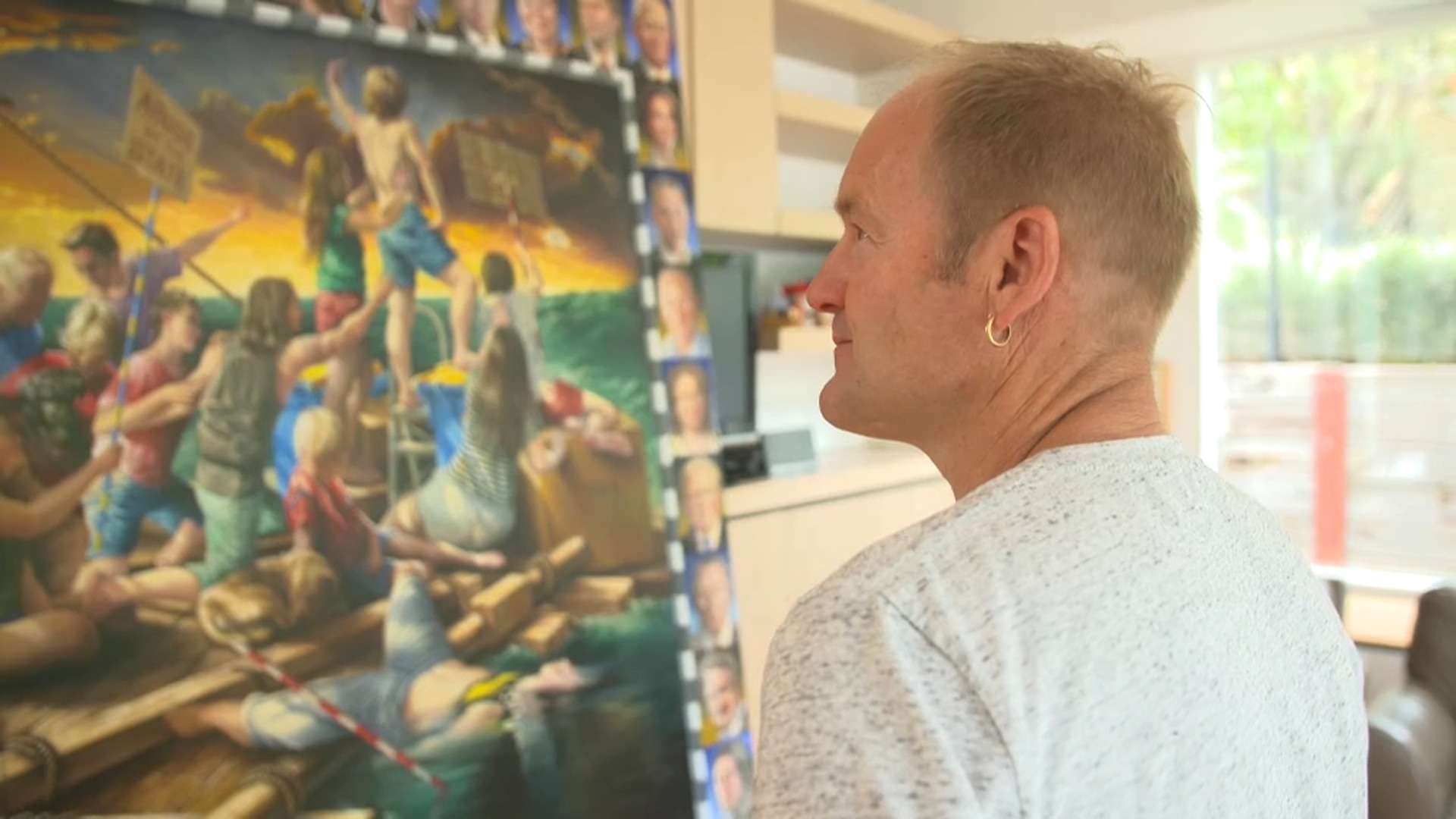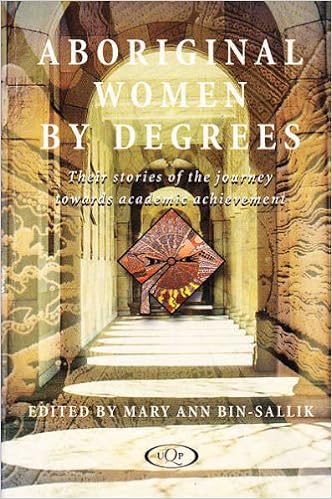Search Results
5677 results found with an empty search
- Charles Dickens and the House of Fallen Women
Academic Books & Book Chapters Charles Dickens and the House of Fallen Women Jenny Hartley 2008 Jenny Hartley's 2008 book, Charles Dickens and the House of Fallen Women, tells the fascinating story of Charles Dickens setting up a refuge for girls and women where they were trained as domestic servants and then set out to the colonies. Urania Cottage was funded by philanthropist Angela Burdett-Coutts but Dickens was involved from the outset, organising furniture and detailing how the Cottage was to be run. The Cottage had room for 13 girls (some as young as 14) and young women and on entering Urania they had to agree to migrating after 12 months or so. Jenny Hartley estimates 100 girls emigrated during the 12 years Dickens was involved. Many then disappeared, but she's managed to trace the descendants of some. External Website
- Actors, N
Authors N Jack Nicholson ➝ Back to Top
- Dussa and the Maiden's Prayer
Autobiography/Memoir Dussa and the Maiden's Prayer Walter Jacobsen 1994 Walter Jacobsen reflects on the childhood he spent in the Parkville Children's Home, and in foster care in rural Victoria, South Australia External Website
- Back on the block: Bill Simon's story
Autobiography/Memoir Back on the block: Bill Simon's story Bill Montgomerie Simon et al. 2009 Stolen, beaten, deprived of his liberty and used as child labour, Bill Simon’s was not a normal childhood. He was told his mother didn’t want him, that he was ‘the scum of the earth’ and was locked up in the notorious Kinchela Boys Home for eight years. His experiences there would shape his life forever. Bill Simon got angry, something which poisoned his life for the next two decades. A life of self abuse and crime finally saw him imprisoned. But Bill Simon has turned his life around and in Back on the Block, he hopes to help others to do the same. External Website
- Jimmie Fails
Actors Jimmie Fails Jimmie Fails (born November 10, 1994) is an American actor. His first lead role in a feature film was the titular role in the semi-autobiographical film The Last Black Man in San Francisco. Fails was born and raised in San Francisco. He spent most of his childhood in foster care and public housing. Until he was three years old he had lived in a Victorian house that his grandfather, a Baptist preacher, had bought in the predominantly Black middle-class Fillmore district of San Francisco. After his grandfather died, the house was foreclosed on because his relatives could not afford the expense. External Website
- Academic Articles, T
Authors T ‘Yes I’ve got some historic convictions but do the public really need protecting from me?’ ➝ Back to Top
- Raising Government Children
Academic Books & Book Chapters Raising Government Children Catherine Rymph 2017 Raising Government Children: A History of Foster Care and the American State (2017) by Catherine Rymph describes the shift during the Progressive Era (late 1890s to late 1910s) from from families informally organising foster care and work placements for their children to the organisation of formal foster care services. As in other countries (like Australia) women were instrumental in this change and created the child welfare professional. Rymph argues that reformers did not see foresee how foster care would become the fallback measure rather than the state providing a basic minimum income and other programs that would assist birth families, such as housing and child care. External Website
- What’s the story? Sociological explorations of the life course narratives of adults with care experience
Academic theses What’s the story? Sociological explorations of the life course narratives of adults with care experience Catriona Hugman 2018 This thesis extends understandings of people who experienced care by making use of sociological approaches and concepts. This approach highlights how previous research and cultural representations of young people in care produce individualised understandings and psychological explanations of difference. This is compounded by a lack of research on care leavers over the age of 25 and the omission of the voices of people with care experience within what little research there is. These absences may contribute to the depiction of the deficit, ascribed identity of being a child in care. External Website
- (Pseudo)motherhood, care constructs and the geography of the nuclear family: class, gender and the suburbs in contemporary fiction
Academic Articles (Pseudo)motherhood, care constructs and the geography of the nuclear family: class, gender and the suburbs in contemporary fiction Kirsty Capes 2017 Existing research on gender in the suburbs draws on geography and feminist theory to demonstrate patriarchal constructs within (sub)urban spaces. Western suburban landscapes are fundamentally underpinned by the most entrenched patriarchal constructs. Existing research on gender in the suburbs draws on geography and feminist theory to demonstrate patriarchal constructs within (sub)urban spaces. Western suburban landscapes are fundamentally underpinned by the most entrenched patriarchal constructs of modern society: the nuclear family, the workplace, motherhood, housewifery and marriage. These constructs are enforced in domestic spaces and evident in fiction. My research will examine the role of the mother, or the mother figure, within suburban settings, focusing on non-traditional maternal figures, such as foster / adoptive mothers, female relatives as primary carers, institutional care and orphanages. As spaces change, so do the demographic makeups of suburban neighbourhoods, and the poster will also discuss intersections of gender, race and social mobility in fiction, and my own novel which forms part of my PhD thesis: a work of working-class, feminist, suburban fiction which examines motherhood through the eyes of a 15-year-old girl in foster care. External Website
- Reconsidering the care-crime connection in a climate of crisis
Academic Articles Reconsidering the care-crime connection in a climate of crisis Claire Fitzpatrick 2020 This article charts new ground by exploring the important increase in awareness surrounding the care–crime connection in recent years. The over-representation of care experienced individuals in criminal justice settings has long been taken for granted. However, there has been a recent surge of interest in England and Wales in the need to avoid unnecessarily criminalising looked after children, and to support those with care experience in prison. Paradoxically, this increased awareness has occurred at the same time as a climate of crisis has threatened both the care system’s and the prison system’s capacity to function effectively. Despite the current climate, this article argues that things can be done to challenge the care–crime connection. Such strategies include: changing our language, connecting distinct policy priorities and moving beyond the limits of the law. Furthermore, the development of a life-course perspective could significantly improve understanding of the impact of care experience over time. This article concludes by arguing that in the current climate, continued diversionary push-back from the youth justice system is vital. Crucially, this could help further reduce the number of first time entrants in the justice system, and ultimately offer the best prospects for reducing the number of children who move between care and custody. External Website
- Orphan texts: Victorian orphans, culture and empire
Academic Books & Book Chapters Orphan texts: Victorian orphans, culture and empire Laura Peters 2013 In one of the first studies of its kind, Orphan texts seeks to insert the orphan, and the problems its existence poses, in the larger critical areas of the family and childhood in Victorian culture. In doing so, Laura Peters considers certain canonical texts alongside lesser known works from popular culture in order to establish the context in which discourses of orphanhood operated. The study argues that the prevalence of the orphan figure can be explained by considering the family. The family and all it came to represent - legitimacy, race and national belonging - was in crisis. In order to reaffirm itself the family needed a scapegoat: it found one in the orphan figure. As one who embodied the loss of the family, the orphan figure came to represent a dangerous threat to the family; and the family reaffirmed itself through the expulsion of this threatening difference. The vulnerable and miserable condition of the orphan, as one without rights, enabled it to be conceived of, and treated as such, by the very institutions responsible for its care. Orphan texts will be of interest to final year undergraduates, postgraduates, academics and those interested in the areas of Victorian literature, Victorian studies, postcolonial studies, history and popular culture. External Website
- Robi Walters
Artists Robi Walters Robi Walters is a London-based artist. He takes unwanted, discarded objects and turns them beautiful and ‘wanted’ works of art reflecting the spirit of transformation with which he has turned his own life around. At 5 years old, Robi found himself firstly in kinship care with his grandparents and then foster care after the tragic death of his brother in a house fire. He lost his mother, his brother and his life as he carried around a heavy burden for the next 35 years. Art transformed him and his life as well as EDMR therapy which finally set him free. External Website
- Charlie, the ratbag orphan: an orphan survivor in Australia
Autobiography/Memoir Charlie, the ratbag orphan: an orphan survivor in Australia Alan Walker Walker et al. 2010 Charlie was born in 1936. He was abandoned and raised in orphanages from when he was four days old. At age 15, Charlie was made to leave the only home he knew at St Augustine’s and had to take up what he described as slave labour. Because of the extreme abuse he suffered, Charlie fled his abusers and survived on the streets of Melbourne. Charlie worked hard to improve his life. He became an A grade jumping jockey, and later worked various jobs including being a bird smuggler. After his wife died, he was left to raise four daughters on his own; he was determined to give his daughters the love and protection he never experienced. External Website
- Popular perceptions of disrupted childhoods
Academic Articles Popular perceptions of disrupted childhoods Kirsty Capes 2017 We need new stories about what happens to looked-after children. For decades, public policy-making has fundamentally failed looked-after children within the care of local governments across the UK. The care system very rarelyA common trope of children’s fiction is the representation of child protagonists as victims of some form of disrupted parenting. Disproportionately, child protagonists across the children’s canon are orphans; in foster care or other kinds of institutional care such as boarding schools; living with inadequate, neglectful or otherwise insufficient parents; or raised by relatives. Research shows that ‘problem children’ – those who are victims of disrupted parenting – are more susceptible to what is frequently termed as ‘poor outcomes’ in adulthood. These can range from addiction issues to criminal behaviour and time in prison, to mental health problems including depression. Children’s fiction informs and amplifies this narrative of ‘problem children’ being destined for failure in later life, through its representations of children in care, orphans and so on. This slippage between public consciousness and popular culture creates a cultural hegemony whereby children who come from disadvantaged backgrounds are conditioned from a young age – through children’s fiction and other mediums – to believe that they are abject or extraneous to societal structures. Drawing on 20th and 21st century children’s fiction, from Francis Hodgson Burnett to J K Rowling, Roald Dahl to Lemony Snicket, C S Lewis to Jacqueline Wilson, this paper will demonstrate how children’s fiction serves to ‘other’ child readers from disrupted parenting situations. Using contemporary Marxist-feminist literary theory and socio-political contexts, the paper will also demonstrate the undeniable correlation between working-class narratives and representations of disrupted care in children’s fiction. External Website
- Robert House
Artists Robert House Robert House is an Australian artist based in Melbourne. He was sexually abused as a boy while living in an orphanage during the 1960s. In 2021, Robert House curated and commissioned an exhibtion entitled Out of the Darkness: A survivors journey for the Art Gallery of Ballarat. The exhibition speaks to the ongoing impact of child sexual abuse on survivors, and can be interpreted both as a response to trauma and as a protest against injustice. External Website
- Family Secrets: A Writer's Search for His Parents and His Past
Autobiography/Memoir Family Secrets: A Writer's Search for His Parents and His Past David Leitch 1986 Recounts a true-life detective story about the author's search for his natural parents, the discovery of skeletons in the family closet, and his struggle with emotional turmoil, disappointment, and parental disapproval External Website
- The Children of Looked After Children: Outcomes, Experiences and Ensuring Meaningful Support to Young Parents In and Leaving Care
Academic Books & Book Chapters The Children of Looked After Children: Outcomes, Experiences and Ensuring Meaningful Support to Young Parents In and Leaving Care Louise Roberts 2021 Based on groundbreaking original research, this book provides a comprehensive account of the issues surrounding pregnancy and parenthood for young people in and leaving care. Featuring the voices of care-experienced parents, together with reflections from practitioners, it offers valuable insights into the issues facing this group. Using qualitative data to explore why parenthood is such an important issue for young people in and leaving care, this book shows what can be learned from their experiences in order to improve outcomes for parents and children in the future. The author highlights the practical and emotional needs of care-experienced parents and gives clear advice for practitioners on how these needs might be better addressed through summary points, practice guidance and recommendations for policy and practice. External Website
- Gary Coleman
Actors Gary Coleman Gary Wayne Coleman (February 8, 1968 – May 28, 2010) was an American actor, comedian, and writer. An adoptee, Coleman is one of the highest-paid child actors in the late 1970s and early 1980s, he was rated first on a list of VH1's "100 Greatest Kid Stars" on television, and received several awards and nominations throughout his career, including winning two Young Artist Awards and four People's Choice Awards. He was best known for his role as Arnold Jackson in the sitcom Diff'rent Strokes (1978–1986), for which he received the Young Artist Award for Best Young Actor in a Comedy Series, as well as three other Young Artist Award nominations. Despite having a successful acting career, Coleman struggled financially in later life. In 1989, he successfully sued his parents and business adviser over misappropriation of his assets, only to declare bankruptcy a decade later. External Website
- The Orphan: A Journey to Wholeness
Academic Books & Book Chapters The Orphan: A Journey to Wholeness Audrey Punnett 2014 The Orphan: A Journey to Wholeness addresses loneliness and the feeling of being alone in the world, two distinct characteristics that mark the life of an orphan. Regardless if we have grown up with or without parents, we are all too likely to meet such experiences in ourselves and in our daily encounters with others. With numerous case examples, Dr. Punnett describes how loneliness and the feeling of being alone tend to be repeated in later relationships and may eventually lead to states of anxiety and depression. The main purpose of this book is not to just stay within the context of the literal orphan, but also to explore its symbolic dimensions in order to provide meaning to the diverse experiences of feeling alone in the world. In accepting the orphan within, we begin to take responsibility for our own unique life journey, a privileged journey in which one can at some point in time say with pride, I am an orphan. External Website
- Aboriginal women by degrees : their stories of the journey towards academic achievement
Autobiography/Memoir Aboriginal women by degrees : their stories of the journey towards academic achievement Mary Ann Bin-Sallik 2000 This book includes the story of Mirrakopal or Miriam Stead Raymond who was born c1948 and her people are the Marranguggu Mak Mak of Finniss River in the the Northern Territory. Mirrakopal was taken from her family as a child and grew up in a white foster family in Adelaide, South Australia. External Website













